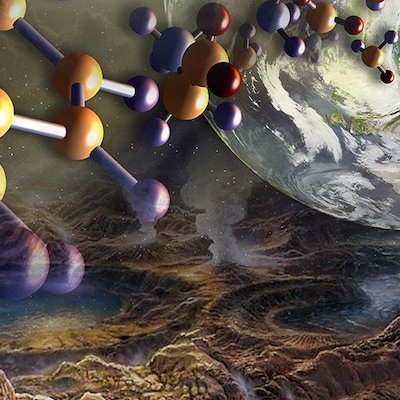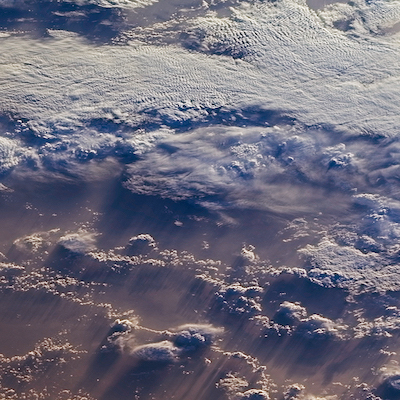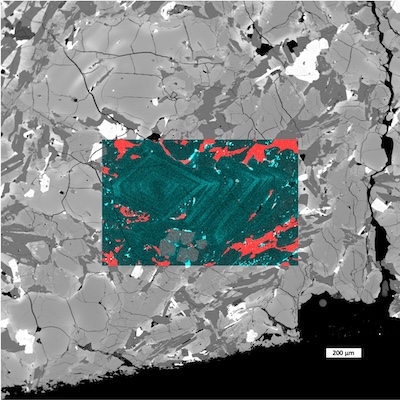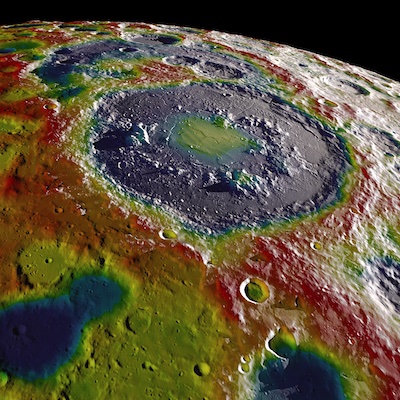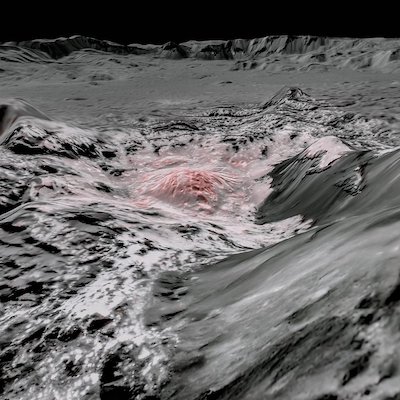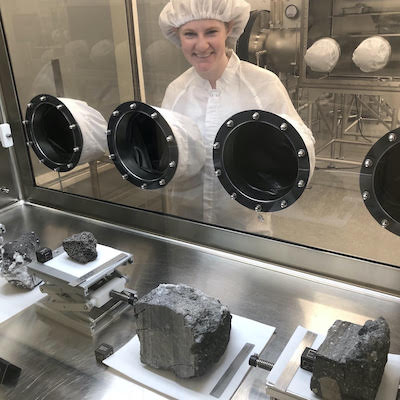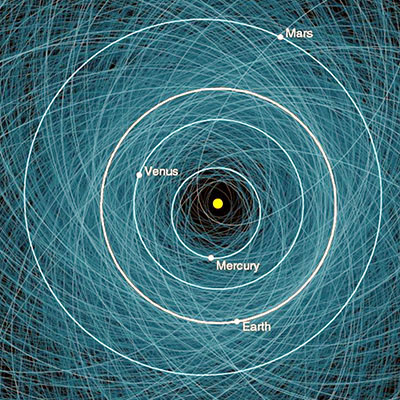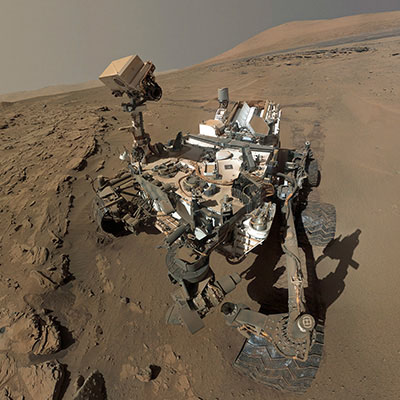Planetary Science News
As Earth slowed its spin, oceans may have tipped the balance for life
02-16-2026
Earth has not always rotated at the same speed it does today. Over the roughly 4 billion years that life has existed on the planet, Earth's rotation has gradually slowed, lengthening days and quietly reshaping the oceans. New research from Purdue University suggests that this planetary slowdown may have played an important role in making Earth's oceans more hospitable for life
Purdue grad plays major role in NASA’s Artemis II mission
02-13-2026
FOX59/CBS4 — The historic Artemis II launch has been postponed to March following technical difficulties identified during a wet dress rehearsal on Feb. 6, including operational issues from the bitter cold and a hydrogen leak in the Space Launch System (SLS) Rocket. EAPS's Briony Horgan was interviewed for this article.
Advancing Space Exploration at Purdue
01-16-2026
The 2nd annual Advancing Space Exploration at Purdue Symposium, hosted by the College of Science, will bring together leaders from inside and outside Purdue to discuss opportunities for universities to work with industry partners to make the next giant leap in robotic and human space exploration.
Mars Perseverance rover found a rock that could be a giant meteorite
01-08-2026
Earth — NASA’s Perseverance rover has spotted a desk-sized rock, nicknamed Phippsaksla, on Mars that looks suspiciously like an iron-rich meteorite. EAPS's Candice Bedford was cited in the article.
Perseverance continues science mission amid uncertainty about Mars Sample Return
01-06-2026
SpaceNews — NASA’s Perseverance Mars rover is continuing its mission to collect samples despite uncertainty about how, when or even if those samples will be returned to Earth. At a press briefing during the Annual Meeting of the American Geophysical Union (AGU) here Dec. 17, project officials said the rover, which landed in Jezero Crater nearly five years ago, is in good condition as it ascends out of the crater. EAPS's Briony Horgan was quoted in the article.
Mars rover: New clues about the ancient atmosphere
01-06-2026
AP — Briony Horgan is a professor of planetary science at Purdue University and a tactical science lead on NASA’s Mars Perseverance rover mission. Horgan is among the authors of the important study "Carbonated ultramafic rocks in Jezero crater, Mars," released in the journal Science.
NASA will soon find out if the Perseverance rover can really persevere on Mars
12-19-2025
Ars Technica — When the Perseverance rover arrived on Mars nearly five years ago, NASA officials thought the next American lander to take aim on the red planet would be taking shape by now. EAPS's Briony Horgan was quoted in the article.
Inside NASA's Prep for the Moon, Mars, and the Search for Life
12-11-2025
NASA on YouTube — NASA experts take you behind the scenes in Iceland, where they study icy volcanoes, lava fields, hydrothermal vents, and other extreme environments that mimic other worlds. EAPS Assistant Professor Ali Bramson and her research team are working to figure out how astronauts can find and characterize water/ice and what is needed to prepare them for these activities.
More News

